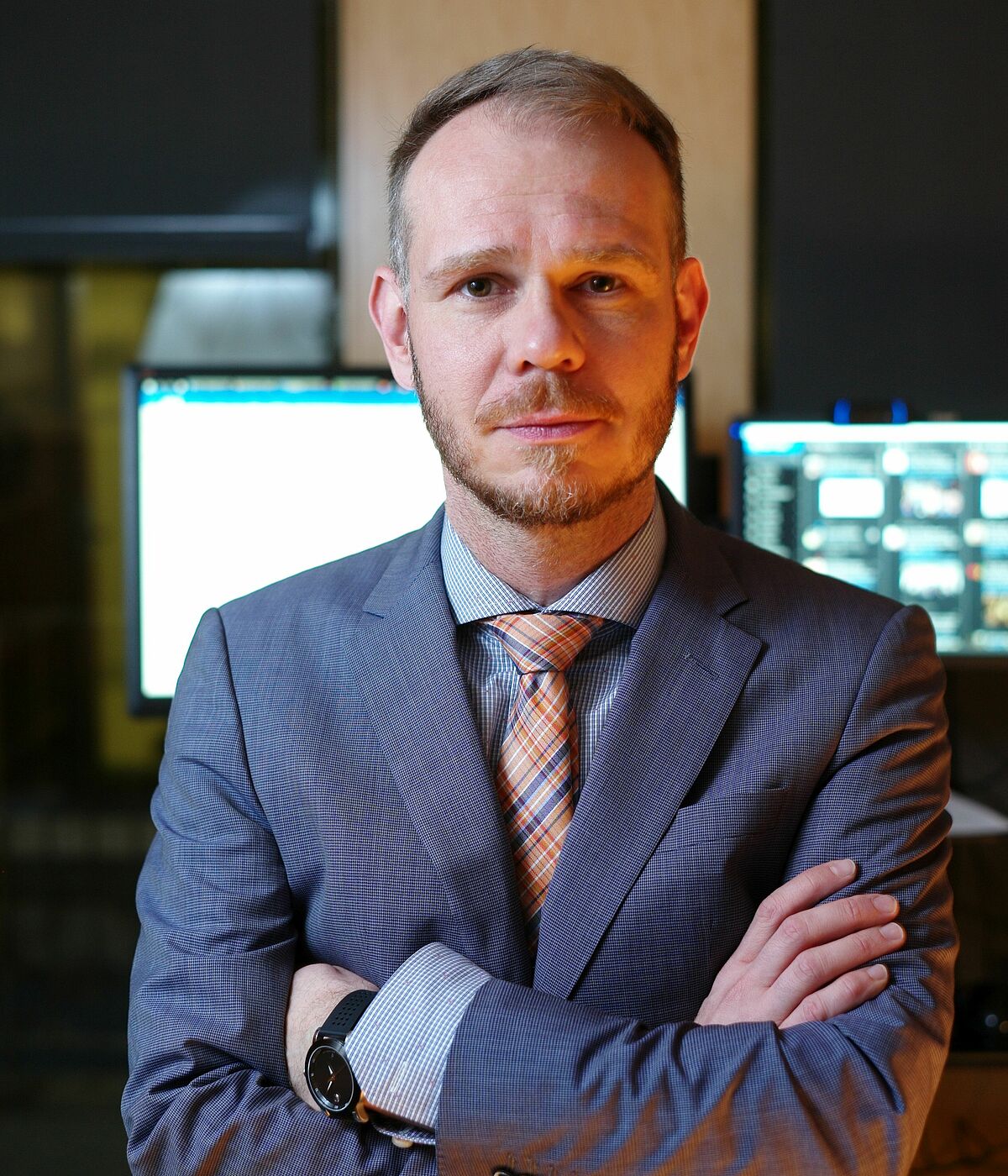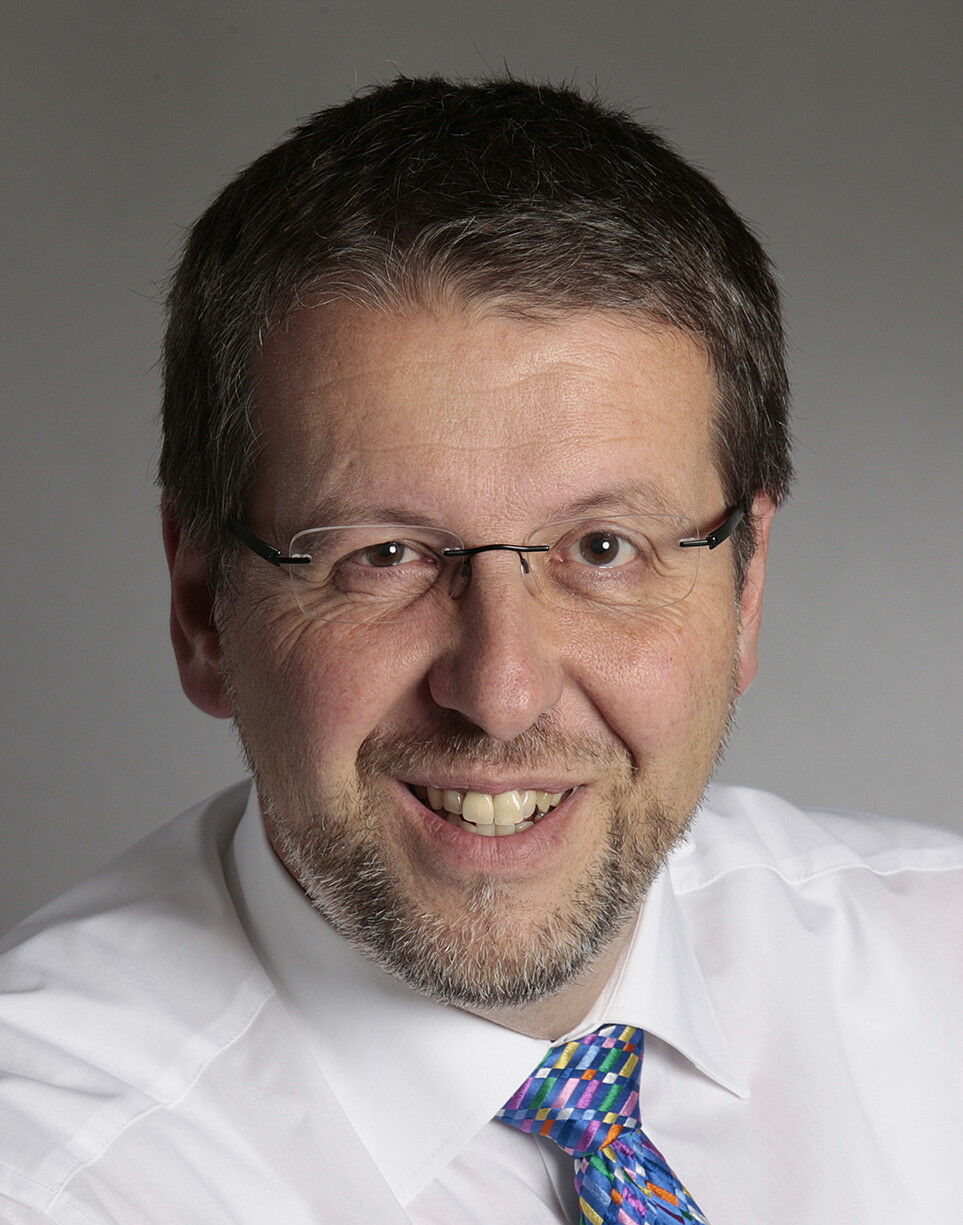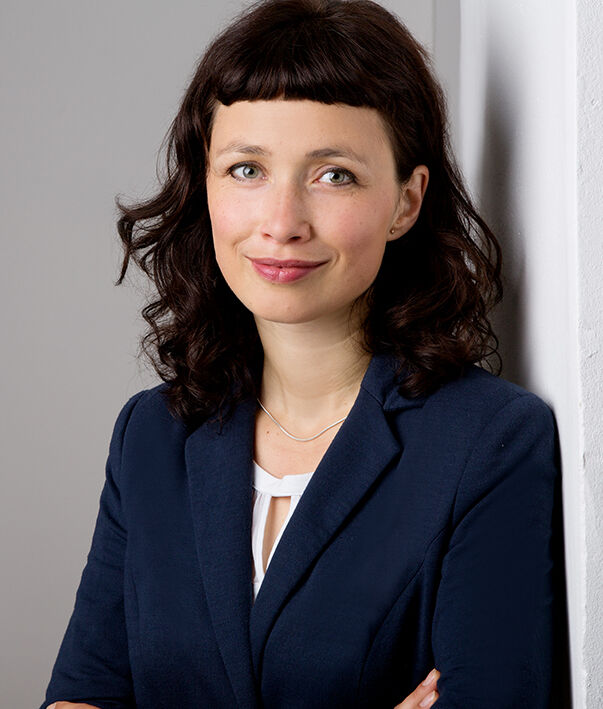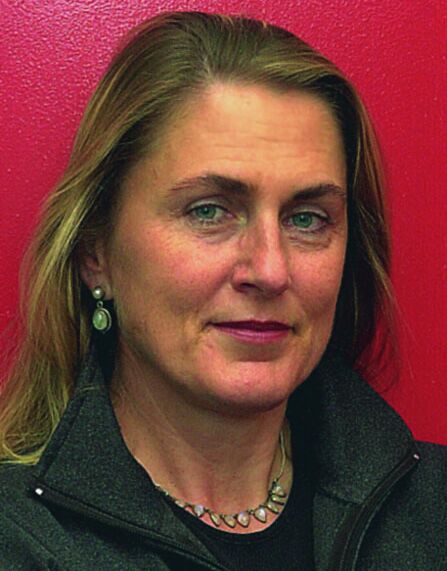Program for the Interdisciplinary Symposium Current Challenges to Mediatized Science Communication
(organized by Corinna Lüthje and Franziska Thiele)
Keynote Speaker
Prof. Dietram Scheufele
Dietram A. Scheufele is the John E. Ross Professor in Science Communication and Vilas Distinguished Achievement Professor at the University of Wisconsin-Madison. He is a member of the German National Academy of Science and Engineering, and a fellow of the American Association for the Advancement of Science, the International Communication Association, and the Wisconsin Academy of Sciences, Arts & Letters. Currently, he serves on the National Academies of Sciences, Engineering, and Medicine's Board on Health Sciences Policy and Division on Earth and Life Studies Advisory Committee.
In the past, Scheufele has been a tenured faculty member at Cornell University, a Shorenstein fellow at Harvard University, and a Visiting Scholar at the Annenberg Public Policy Center of the University of Pennsylvania. His consulting experience includes work for the Public Broadcasting System, the World Health Organization, and the World Bank.
Prof. Udo Kragl
Udo Kragl, born in 1961, studied chemistry at the University of Bonn. He finished his PhD thesis in 1992 in the field of biochemical reaction engineering. After a postdoc at Ciba-Geigy International Research Laboratories in Takarazuka in Japan, he returned to the Juelich Research Center and University of Bonn for his habilitation. Having finished, he immediately gained a position as full professor for Industrial Chemistry at the University of Rostock in 1998. Since 2003 he is associated member of the Leibniz-Institute of Catalysis. He taught industrial chemistry at National University Singapore, within the scope of a visiting professorship, in 2007. He was founding Dean of the Faculty for Interdisciplinary Research at the University of Rostock and since 2015 he is Vice-Rector for Research and Knowledge Transfer.
He is active in the German Society of Catalysis (GeCats). His research interests are in the field of biocatalysis, the application of ionic liquids and membrane processes for downstream processing, and catalyst recycling.
In 2012 he received one of two BMBF-awards Biotechnology 2020+ for his outstanding research on the application of ionic liquids in biotechnology.
Dr. Birte Fähnrich
Dr. Birte Fähnrich is a senior researcher at the Center for Political Communication at Zeppelin University (Friedrichshafen, Germany). She holds a PhD in Communication Science from Leipzig University (Germany).
Birte Fähnrich is the speaker of the Science Communication Section of the German Communication Association DGPuK and a member of the committee of the international science communication association PCST. Birte was interim professor for Organizational Communication at the University of Greifswald (Germany) and visiting researcher at the School of Communication and Culture at Royal Roads University (Canada, BC) and the Institute for Strategic Communication at Lund University (Sweden). She is co-editor of two important German edited volumes on science communication (Forschungsfeld Wissenschaftskommunikation/the Field of Science Communication) and university communication (Forschungsfeld Hochschulkommunikation/the Field of University Communication) both published at Springer and of a special issue of the Journal of Science Communication on “Communication at the Intersection of Science and Politics”. Birte’s research is dedicated to strategic communication in science and politics and communication at the intersection of both fields.
Prof. Irene Neverla
Irene Neverla, Prof. Dr., retired Professor of Journalism and Communications at University of Hamburg. Guest professor and lecturer at Universities of Munich, Vienna, Salzburg, as well as Sydney, Thessaloniki, Lima, among others. Principal Investigator in the Cluster of Excellence for Climate Research (CLiSAP) at University of Hamburg, therein coordinator of the Media Research Group. Main fields of research: Theories and empirical studies on Journalism, Journalism in the Process of Democratisation, Visual Communication and Press Photography, Science and Environmental Communication, Ecology of Mediated Societies.
Program
Thursday, 7th of June 2018
| 18:00 – 19:30 | Public Lecture by Prof. Dietram Scheufele Response by Prof. Udo Kragl | Auditorium, University main building, Universitaetsplatz 1 |
| 20:00 – open end | Get Together | Zum alten Fritz, Warnowufer 65, 18057 Rostock |
Friday, 8th of June 2018
| 08:30 – 9:00 | Registration | Auditorium, University main building, Universitaetsplatz |
| 09:00 – 09:05 | Address of welcome by Dr. Corinna Lüthje | Auditorium, University main building, Universitaetsplatz 1 |
| 09:05 – 11:00 |
Panel 1: Scholarly Communication and New Media Technology Birte Fähnrich - Keynote Speaker Clemens Cap - Distributed, digital communication in sciences with a trustworthy allocation of reputation – A vision for publications in the era of digitalization Arko Olesk - Are visible scientists necessarily mediatized? Identifying and applying the indicators for the mediatization of scientists Bernd Blöbaum, Niels Mede & Marek Neppl- Trust through science communication. Relevance and change of internal and external scientific communication | Auditorium, University main building, Universitaetsplatz 1 |
| 11:00 – 11:30 | Coffee break |
Room 254 University main building, Universitaetsplatz 1 |
| 11:30 – 13:00 |
Panel 2: Fake News and Science – Crisis of Credibility and Confidence Eva Barlösius & Eva Ruffing - The ladder of contestedness: Three different forms of knowledge relativization in public decision-making Jairo Lugo-Ocando & Abdullah Alhuntushi - The mediatization of science statistics and the construction of knowledge in the public imagination Jens Maeße - Discursive Authorities: The communicative logic of economic experts in media settings Elena Milani, Peter Webb & Emma Weitkamp - Fake news in anti-vaccine images shared on Twitter: a qualitative analysis | Auditorium, University main building, Universitaetsplatz 1 |
| 13:00 – 14:00 | Lunch break | |
| 14:00 – 15:30 |
Panel 3: Participatory Science Nina Wicke & Monika Taddicken - On the Perceptions and Effects of an Expert Debate - Potentials of an Innovative Participatory Science Communication Format Stefan Teipel - Participatory innovation for people with dementia Bettina Boy - Science Communication on the Internet - Non-Scientific Actors on the Rise? Results of a Content Analysis of German Science Videos Andreas Bischof & Vivien Sommer - Participatory Research about Mediatized Migrations. Problems, Issues and Conclusions | Auditorium, University main building, Universitaetsplatz 1 |
| 15:30 – 16:00 | Coffee break |
Room 254 University main building, Universitaetsplatz 1 |
| 16:00 – 17:00 |
Panel 4: Overarching Aspects Charlotte Autzen & Emma Weitkamp - Science communication, public relations, journalism: exploring blurry boundaries Jasper Korte - The unexplored side of science communication. Social sciences in the german daily press Wolfgang Sucharowski - Didactic interventions. Deformations or transformations of scientific knowledge? The loss of the argumentative foundation of knowledge and science through mediation processes | Auditorium, University main building, Universitaetsplatz 1 |
| 19:00 – open end | Conference Diner | Borwin Hafenrestaurant Am Strande 2a |
Saturday, 9th of June 2018
| 9:30-11:30 |
Panel 5: Complexity and Uncertainty in Knowledge and Risk Societies Irene Neverla - Keynote Speaker Wiebke Möhring, Julia-Maria-Blesin & Miriam Jaspersen - "We still know too little" – The challenge of uncertainty in communications about new materials and its products Chiao-I Tseng - Climate change communication in audio-/visual media: inherent challenges and narrative engagement Niels Mede, Marek Neppl & Bernd Blöbaum - Suspicion or sympathy? The relationship between scientists und journalists | Auditorium, University main building, Universitaetsplatz 1 |
| 11:30-12:00 | Coffee break |
Room 254 University main building, Universitaetsplatz 1 |
| 12:00-13:00 | Round Table | Auditorium, University main building, Universitaetsplatz 1 |
Registration:
The public lecture on Thursday is free for everybody.
To register for the symposium or any other inquiries please contact franziska.thieleuni-rostockdeorcorinna.luethjeuni-rostockde.




